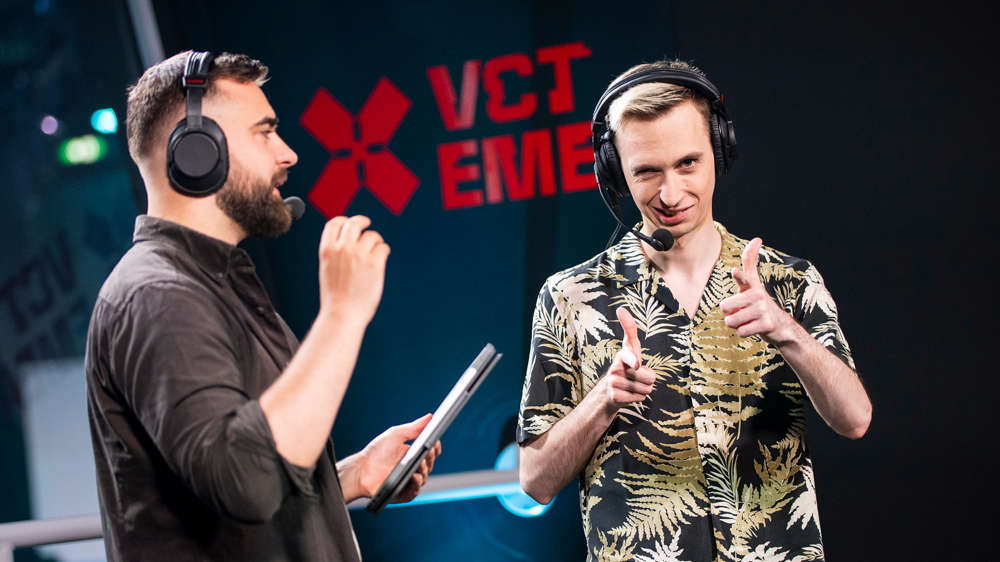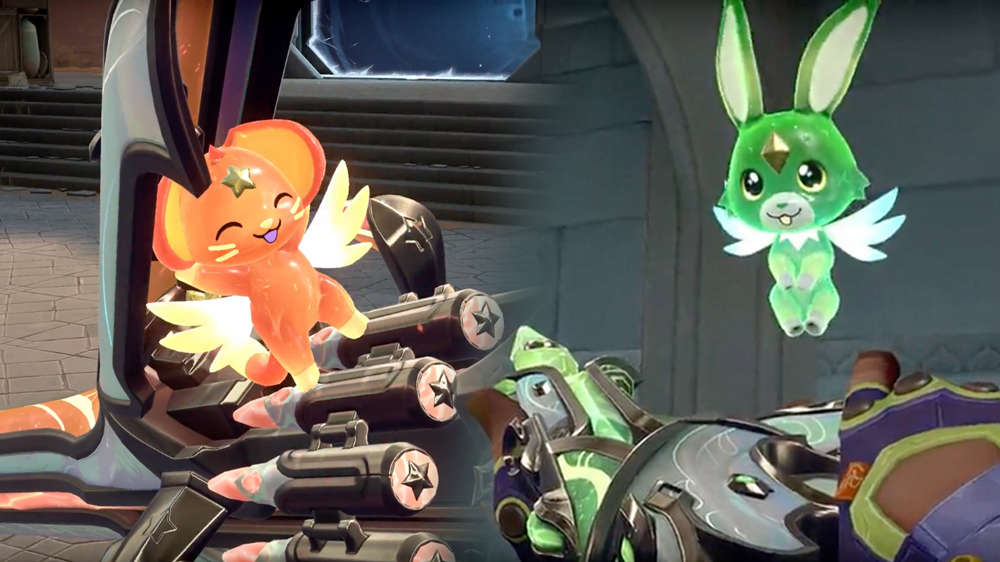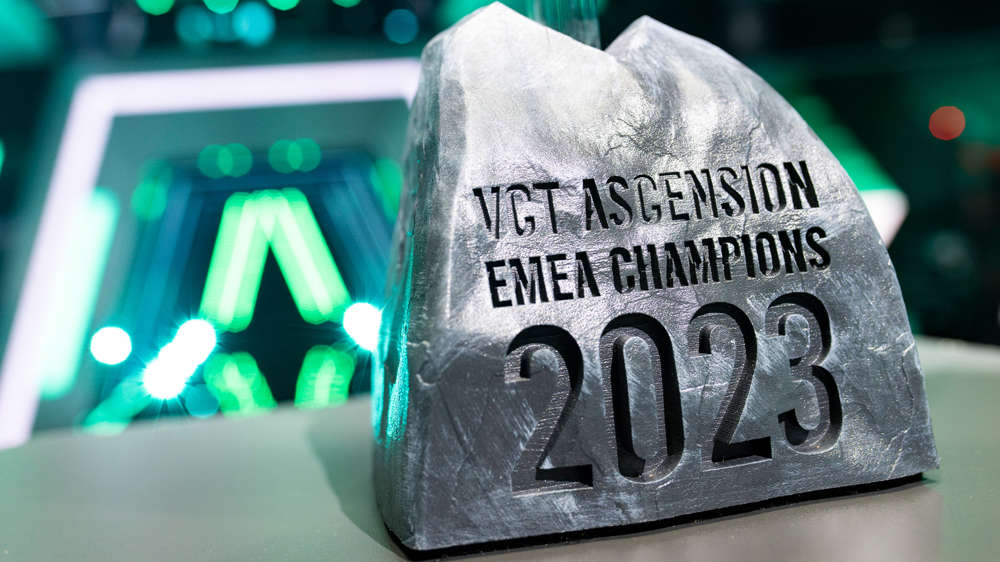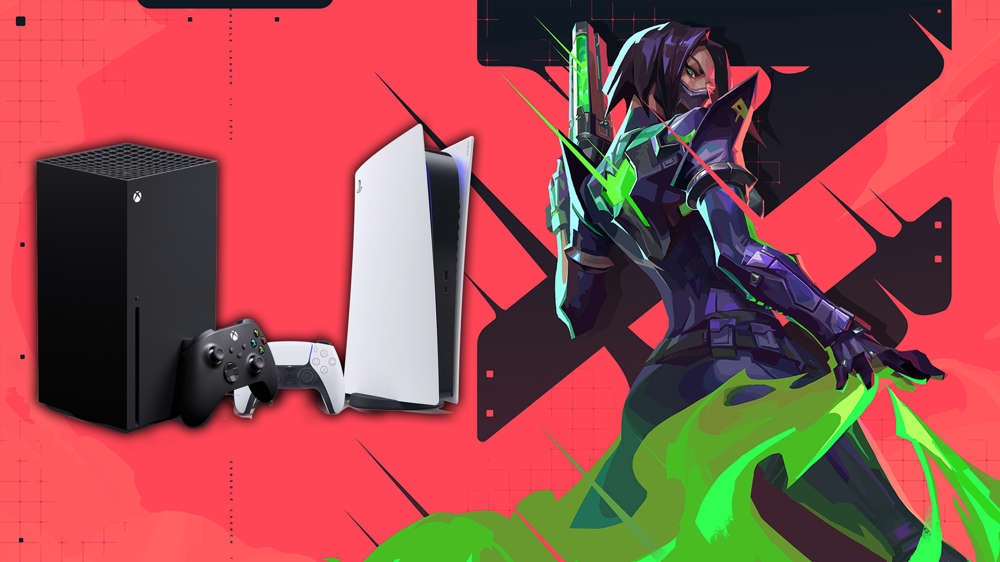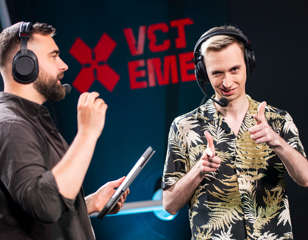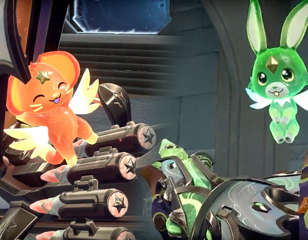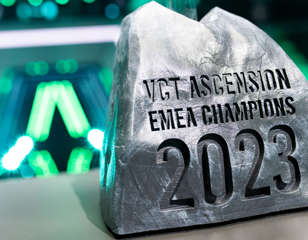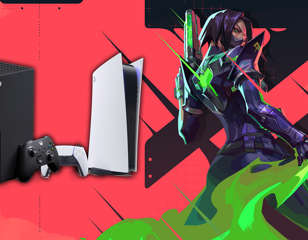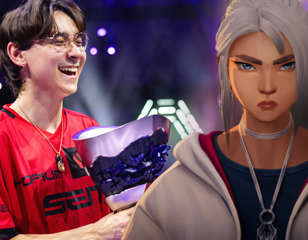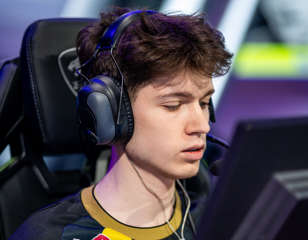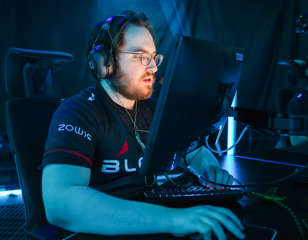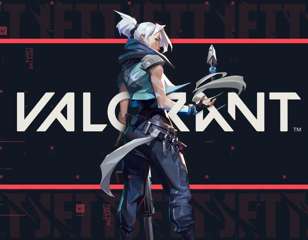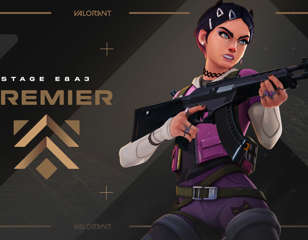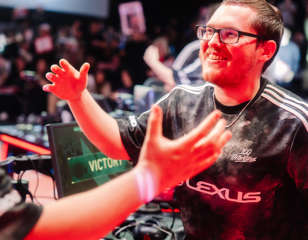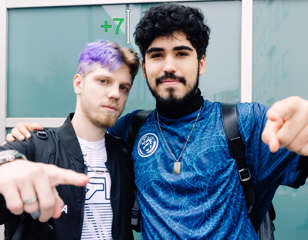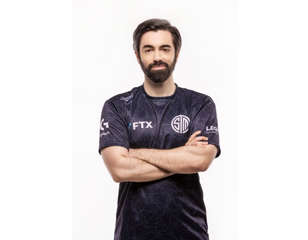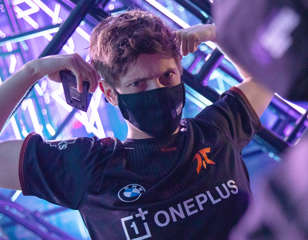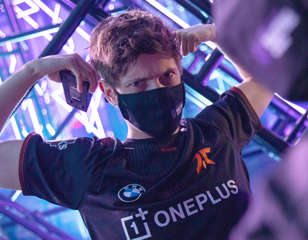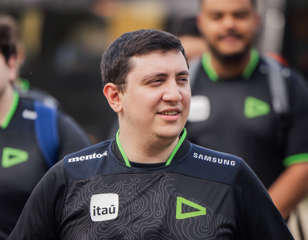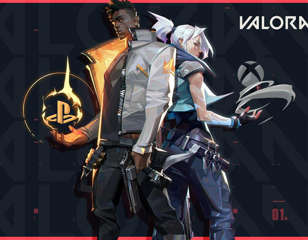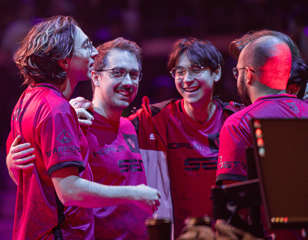Which Kind of Parent will Riot Be to VALORANT Esports?
VALORANT esports is in its infancy. Based on nature and nurture, the game will become its fully fledge experience. But there is good and bad parenting to consider.

Sascha Heinisch
19th Apr 2020 06:39
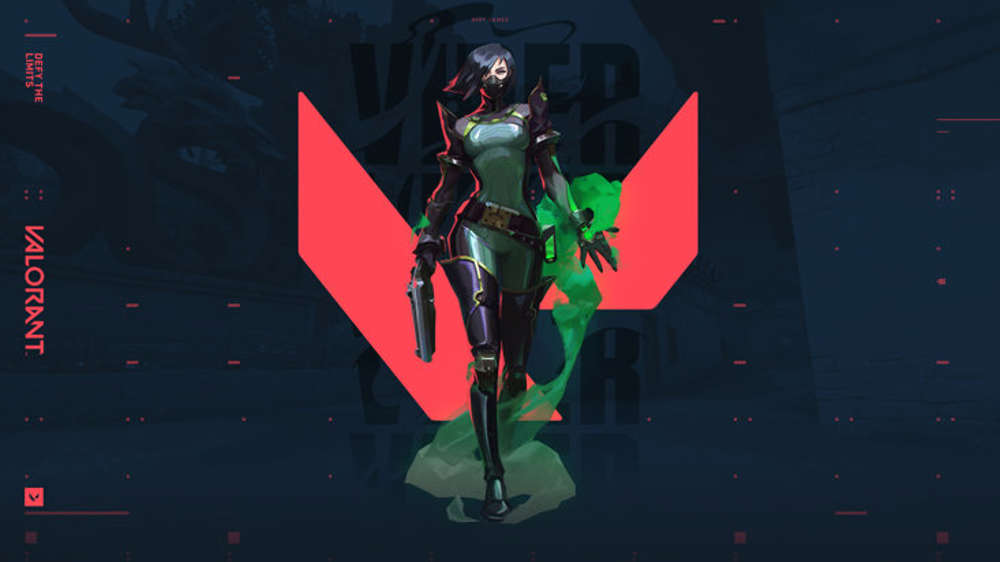
Riot Games announced their approach to VALORANT’s first steps into esports. Counting on an open system which invites small and large tournament organisers alike to host events under some pre-agreed conditions, VALORANT esports looks like it’ll be put into the wider community’s hand in order to be developed. And yet, other developers have moved in similar ways but wasted the potential of their grassroots approach. What are the benefits of a developer-assisted open system and where could Riot still fall short?
“As part of our Authenticity principle, we want to let VALORANT grow naturally; we’re not looking to force anything too quickly without knowing what’s best for esports fans. As such, a primary focus early on will be forming partnerships with players, content creators, tournament organizers, and developers—unlocking them to help us to build this ecosystem.” - Magus, on behalf of the VALORANT esports team
Crowdsourcing an esports
Not all esports are created equal. Depending on the game, a different type of audience is attracted. Those of us who enjoy more than one esport at a time will recognize that the tone and vibe of a scene are very different from game to game.
In this way, esports are not unlike children. Based on their inherent attributes, they develop differently even when raised the same. Naturally, these different scenes require wildly different approaches to resonate with their respective communities and attract a viewership. While the FGC relies on showmanship and a lighthearted nature with core values of remaining an open system for everyone to compete in, Overwatch League fans enjoy the structure of localized teams created in the image of traditional sports. Fortunately for VALORANT, its parents are loaded and invested in their children’s future.
Different ways to play, observe, present, cast, produce and so much more, need to be figured out. At the birth of an esport, it’s a steep learning curve for all fields involved and requires constant adaptation to keep viewers interested. A developer might have a rough idea how things might shake out in theory, but the process relies on a lot of trial and error. In order to hedge your bets, it appears to be the smarter solution to allow a lot of tournament organisers across the globe to compete in their local markets. If one organiser in one region falls short, your esport only suffers minor losses. While TOs compete against each other in each market, they figure out what the audience in the respective region is like and become increasingly skilled at catering to their local scene.
By placing the esport in the hands of many, allowing it to make friends and form long term relationships, you allow it to naturally grow into its own and occupy its own niche. Sure, you could force VALORANT to take over the family business and press it into the mould that you created for League of Legends, but then how likely is it to succeed?
For those who have enjoyed multiple esports at once will know that certain aspects have become core values without which the community would cease to function. Their implied mission statements became their core identity which their fanbases attached to heart and soul, and have thus become seemingly inseparable from the esport itself.
It is in my view a great mistake to suppose that the psyche of a new-born child is a tabula rasa in the sense that there is absolutely nothing in it. - Psychologist Carl Jung
VALORANT esports is in its infancy, no child is ever a completely blank slate. We can not deny the blood-relation to Counter-Strike and therefore should expect a fair bit of overlap in what the game will be like at the competitive level and who it attracts. The genetic makeup of our game is obviously the experience of a hardcore FPS game, which will not appeal to a lot of people messing around but rather to focused and sweaty gamers in ranked mode for the majority of its player base. Beyond that, it’s too early to tell the character of this esports toddler as we’ve barely reached teething age. Will we need substitute players? What about agent bans? These are questions we’ll have to answer eventually which fundamentally shape the competitive experience.
Riot’s commitment to an open system communicates a free-spiritedness that allows for a lot of opportunities within the game’s ecosystem. For professional players in VALORANT this means that there are no gatekeepers - for now. Unlike in franchised leagues like LCS or the Overwatch League without relegation models, there is no General Manager who has to approve you to compete at the highest level and become the best player in the world. For shoutcasters, there will be ample opportunities to distinguish yourself from your peers in making a name for yourself in hundreds of tournaments we’re likely going to see within the first year. Those willing to take ownership and shape the scene, at least the first couple of months and potentially years, the playground is yours and yours only. Unless...
Blizzard Entertainment & Helicopter parenting
On the surface, Riot’s approach might not look much different from the one Blizzard had taken with Overwatch in the development of its esports scene prior to the creation of the Overwatch League. However having been there at the inception, Blizzard Entertainment and Team 4 (a moniker for the Overwatch head development office) showed clear signs of helicopter parenting and tournament organisers had not been allowed to fully experiment due to strict Blizzard mandated regulations.
Observers had to follow strict Blizzard mandated rules on how to spectate the game. Tournament organisers were not allowed to toy around with map bans or picks but instead were forced early to use a system which required all four map types to be played. The sponsors they could bring on were also heavily controlled and had to be approved, which still torments the tier 2 scene to this day. The game still has not given the community API access to data from Overwatch League matches almost five years into the game. In a bizarre move of parenting, Blizzard were counting the number of alcoholic beverages on broadcast at an event hosted at a gaming bar. Overwatch esports was never allowed to grow up and stand on its own in the world.
At least initial signs of Riot’s approach to the creation of this esports have been promising. In the same way you tell your child to not talk to strangers, their community competition guidelines offer enough structure to control potentially exploitative actors looking to make a quick buck off the VALORANT community.
Shared custody
Eventually, the parents of an esport are likely to separate. The ESLs, Dreamhacks and OGNs of this world will raise VALORANT for the foreseeable future as they did with League of Legends. Unfortunately, the third-party tournament organisers have too often drawn the short end of the stick in this exchange and haven’t gotten to see the kid much anymore. Having invested so much blood, sweat, tears and resources in both League of Legends and Overwatch only to have it ripped away by the developer to eventually create franchised leagues has probably made those tournament organisers wary of another engagement.
“Authenticity means that we know this esport is yours and we hope to build it together with you. We want Valorant esports to grow with this community, and to find its own voice, talent and stars.”
At least in the initial pitch decks for the Overwatch League, third party organisers had been part of the year-long competitive calendar, hosting events in the off-season of the Overwatch League. For unknown reasons, those plans never came to pass and the esport now suffers from months-long off-seasons with an increasingly half-backed Overwatch World Cup and just a few small franchise-supported events. If Riot wants to attract the best of the best TOs and have them really commit to raising this esports together, contractually induced trust seems like the obvious solution.
So Riot Games, which kind of parent do you want to be?
Image courtesy of Riot Games

About The Author
Sascha Heinisch
Sascha "Yiska" Heinisch is a Senior Esports Journalist at GGRecon. He's been creating content in esports for over 10 years, starting with Warcraft 3.
